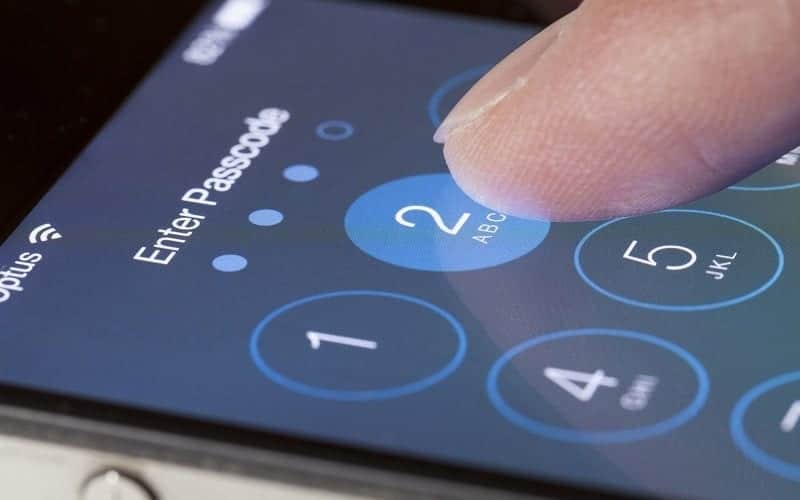The threats against our devices on our phone networks are several and many. But what if a solution popped up to ward off these problems while still keeping a certain level of connectivity with friends and family, all on a safe device? I’ve got good news for you; the solution is a possibility already. An iPod Touch that works with Wi-Fi can do just that and here is how to set it up as a substitute for your mobile device. After this, you’ll be able to send messages securely via applications like Signal, plus also safeguard your traffic with your VPN. You even get additional options like making calls to a regular phone over the internet.
1. Phone-Related Issues
Hackers are known for sim-jacking. What they do is reach out to their victim’s sim company, and successfully play on their intelligence by asking them to port the victim’s number to their sim card. The hacker will now have access to password reset text messages and two-factor authentication codes, allowing them to gain total control of banking services and other important online accounts. Sometimes hackers even go as far as bribing telecom workers to give up control over a victim’s phone number. These crimes have become rampant in the world of today, and realistically, little has been done to curb them.
2. Replace Phone With An iPod Touch
This is where an iPod touch can step in. Because they only communicate over Wi-Fi and do not have a baseband or sim card, iPods cannot fall prey to sim jacking or telecom data sharing. But that is not to say this move would be without risks as well, of course, it won’t. The usual steps to take to keep an iPhone secure will not be thrown away; you should install updates when they are released by Apple to ensure the latest security fixes are at your disposal. Please do not attempt to jailbreak the device, as this will make it susceptible to unsafe apps and other attacks. Also, ensure you make use of a strong password to prevent outsiders from taking over your data.
To make an encrypted messaging app, Signal, function on the iPod, you will need the service of voice-over-internet-protocol (VoIP.) Popular video chat and voice calls app; Skype also has a paid phone number product that can aid you to receive normal phone calls via its app. These options are necessary to aid receipt of the initial sign-up text message from Signal to get the iPod registered. After that, you can go ahead to delete any VoIP apps if having Signal as the only means to be contacted is what you prefer, or you can keep them for making normal calls or texts.
Because you’ll be needing a lot of public Wi-Fi with your iPod, working on setting up a VPN to safeguard your traffic from potential stealers might be a necessity. This can be done with Algo. Also is a set of scripts that aid much of VPN creation process. Use Digitalocean to get an account, run the script on your system, an answer to all questions posed at you. The script will then output a file that you will send to your iPod if it’s a Mac you own, AirDrop works perfectly for it. Download a commercial VPN app if the process is a bit complicated for you.
The amount of extra applications you wish to download depends on how tight you want the security of your iPod device to be.
3. Limitations That Comes With Using An iPod
An iPod also has its limitations when compared to a standard phone like an iPhone. iPhones possess Apple’s Secure Enclave Processor (SEP), a unique chip in the device that has its operating system that wards off things like cryptographic secrets and keys. The iPod posses no such thing. It doesn’t even come with Touch or FaceID, and these are two features Apple uses as alternatives to a passcode. The unavailability of SEP can make iPod more exposed to attacks.
But one to note, an iPod is supposed to be a solution for remote threats, not when a hacker is closeby and attempting to access the device physically.
Please be aware that this switch to iPod Touch is not for everybody. It might just be inconvenient for so many people just to place their hopes on the internet and not a phone connection. For some, their location does not have a public Wi-Fi, for others, it could be tedious to go online when they are on the move.
But for those that are truly concerned about telecom threats, switching to an iPod is a massive means of doing what you would normally do on your handset, with better privacy and security.

